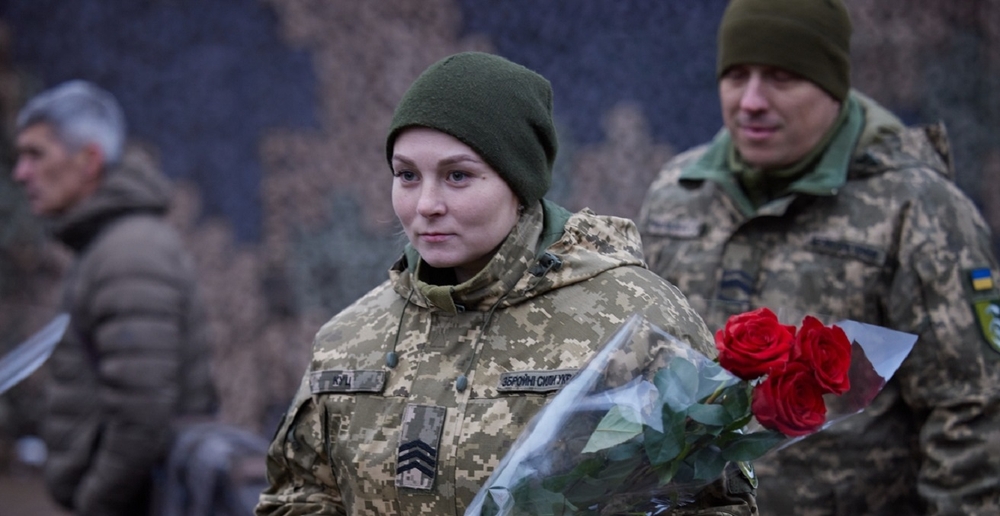Rebuilding Global Stability: The Stakes in the Ukraine Conflict
Published
- 3 min read

The Geopolitical Battle for Stability and Order
The ongoing war between Russia and Ukraine is more than a territorial conflict; it represents a decisive moment in the contest between democratic principles and authoritarian ambitions. The ramifications of this war extend beyond Eastern Europe, threatening to unravel the global rules-based order established after World War II and ushering in an era of instability.
A Fragile Rules-Based Order
Since the end of World War II, the United States and its allies have championed a framework of international law that ensured relative global peace and economic growth. This order, however, is under attack. Russia’s aggression toward Ukraine and its broader geopolitical ambitions signal a direct challenge to the principles of sovereignty and cooperation that underpin this framework.
For decades, many democracies grew complacent about their defense commitments. This strategic neglect created opportunities for authoritarian regimes like Putin’s Russia to exploit vulnerabilities, pushing the boundaries of international law to reshape global power dynamics in their favor.
Ukraine: The Democratic Vanguard
Ukraine’s evolution since its independence in 1991 illustrates its determination to emerge from centuries of imperial rule. Despite Russian interference, Ukraine has steadily pursued a democratic and European future, reinforcing its institutions and aligning itself with Euro-Atlantic values.
This resilience is precisely what makes Ukraine a focal point in the struggle between democratic ideals and authoritarian control. For the Kremlin, a democratic Ukraine is a threat to its own autocratic model, as it sets a precedent for Russian citizens who may aspire to similar freedoms.
The Authoritarian Playbook
The Russian government’s objectives extend beyond Ukraine. By undermining the current international system, Moscow aims to carve out a new world order where might determines right. This vision promotes spheres of influence dominated by regional powers, effectively disregarding smaller nations’ sovereignty.
Russia has sought allies among other authoritarian regimes, including China, Iran, and North Korea. These nations share a vested interest in weakening the rules-based system to enhance their geopolitical influence. The ongoing conflict in Ukraine serves as both a testing ground and a rallying point for these ambitions.
The High Stakes of Western Response
The West’s reaction to Russian aggression will set the tone for global security in the coming decades. A decisive and united response could reaffirm the strength of democratic alliances and deter further encroachments by authoritarian regimes. Conversely, a passive approach risks emboldening autocracies worldwide, leading to a cascade of regional conflicts and instability.
A failure to act decisively would also damage the credibility of the United States and its allies. This loss of confidence could weaken international partnerships and make global cooperation on critical issues, such as climate change and economic stability, increasingly difficult.
Toward Peace Through Strength
A durable resolution to the Ukraine conflict requires a robust commitment to defending democratic values and deterring aggression. This means not only providing military and economic support to Ukraine but also reinforcing the institutions that uphold international law.
Ukraine’s resilience has already demonstrated the potential of a strong and unified civil society in the face of adversity. By standing firmly with Ukraine, the international community can send a clear message: sovereignty and democracy are non-negotiable, and acts of aggression will meet with resolute opposition.
Conclusion: Shaping the Future of Global Order
The outcome of the Russia-Ukraine conflict will define the trajectory of international relations for generations. A victory for Ukraine represents a triumph for democracy and the rules-based order, while a Russian victory would embolden autocracies and destabilize the global system.
The world stands at a crossroads. By choosing to support Ukraine and uphold the principles of international law, democratic nations can ensure a future of greater stability, cooperation, and shared prosperity.
Ukraine’s struggle is not just its own—it is a pivotal chapter in the broader fight for global security and justice.
